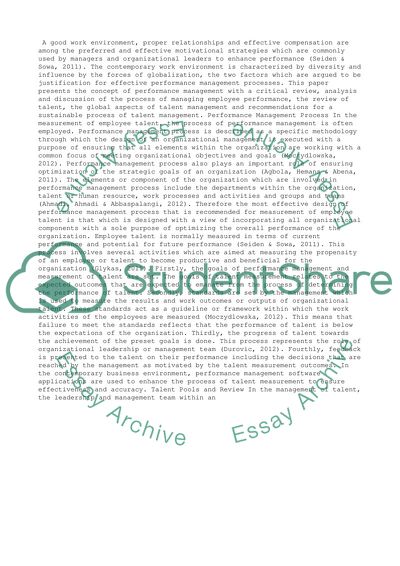Cite this document
(“Sustainable Talent Management Essay Example | Topics and Well Written Essays - 1750 words”, n.d.)
Sustainable Talent Management Essay Example | Topics and Well Written Essays - 1750 words. Retrieved from https://studentshare.org/management/1464885-sustainable-talent-management
Sustainable Talent Management Essay Example | Topics and Well Written Essays - 1750 words. Retrieved from https://studentshare.org/management/1464885-sustainable-talent-management
(Sustainable Talent Management Essay Example | Topics and Well Written Essays - 1750 Words)
Sustainable Talent Management Essay Example | Topics and Well Written Essays - 1750 Words. https://studentshare.org/management/1464885-sustainable-talent-management.
Sustainable Talent Management Essay Example | Topics and Well Written Essays - 1750 Words. https://studentshare.org/management/1464885-sustainable-talent-management.
“Sustainable Talent Management Essay Example | Topics and Well Written Essays - 1750 Words”, n.d. https://studentshare.org/management/1464885-sustainable-talent-management.


